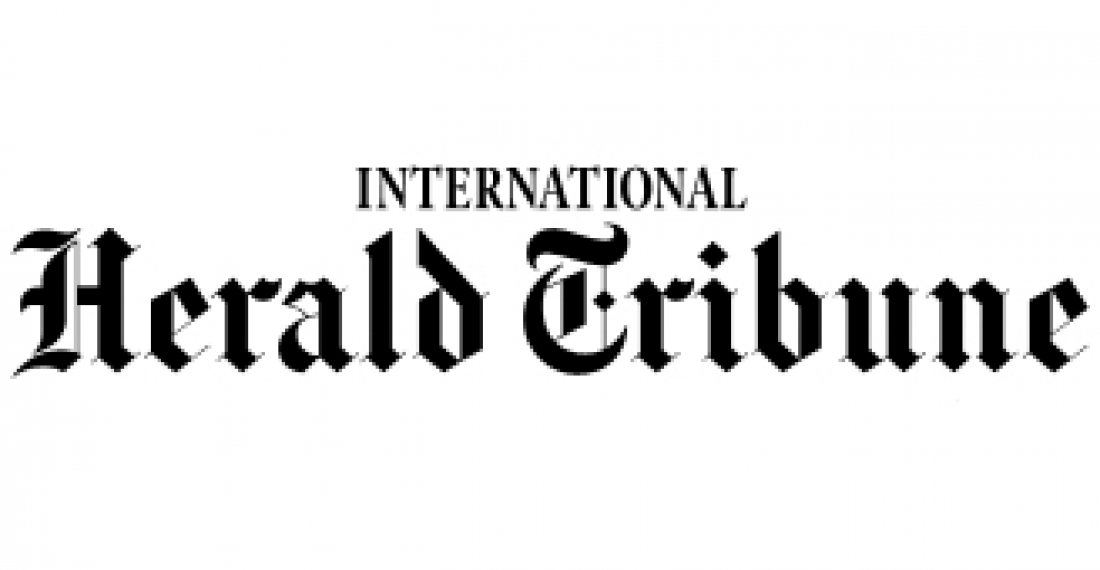Современная территория Армении, которая оформилась только в 1918 году, составляет лишь малую часть ее исконных земель. Об этом пишет издание International Herald Tribune в статье под названием «Ключ к выживанию Армении: Обзор выставки».
Статья приводится как обзор «впечатляющей» выставки «Армения: Отпечатки цивилизации», на которой было представлено более 200 работ, свидетельствующих о более 1000- летней армянской письменной культуре. В выставке представлены значительные вехи истории, культуры, архитектуры армян и ее влиянии на мировую культуру. “В конце 19-го века английский путешественник отметил, что армяне ценят печатный станок с такой же любовью и благоговением, как персидские горцы - винтовки и оружие. В 1511 – 1512 гг. в Венеции была напечатана первая армянская книга. Это событие было особенно важным для рассеянного по миру народа, который обрел свою родину только в 1918 году, и то лишь малую часть своих исконных земель”, - отмечается в статье.







